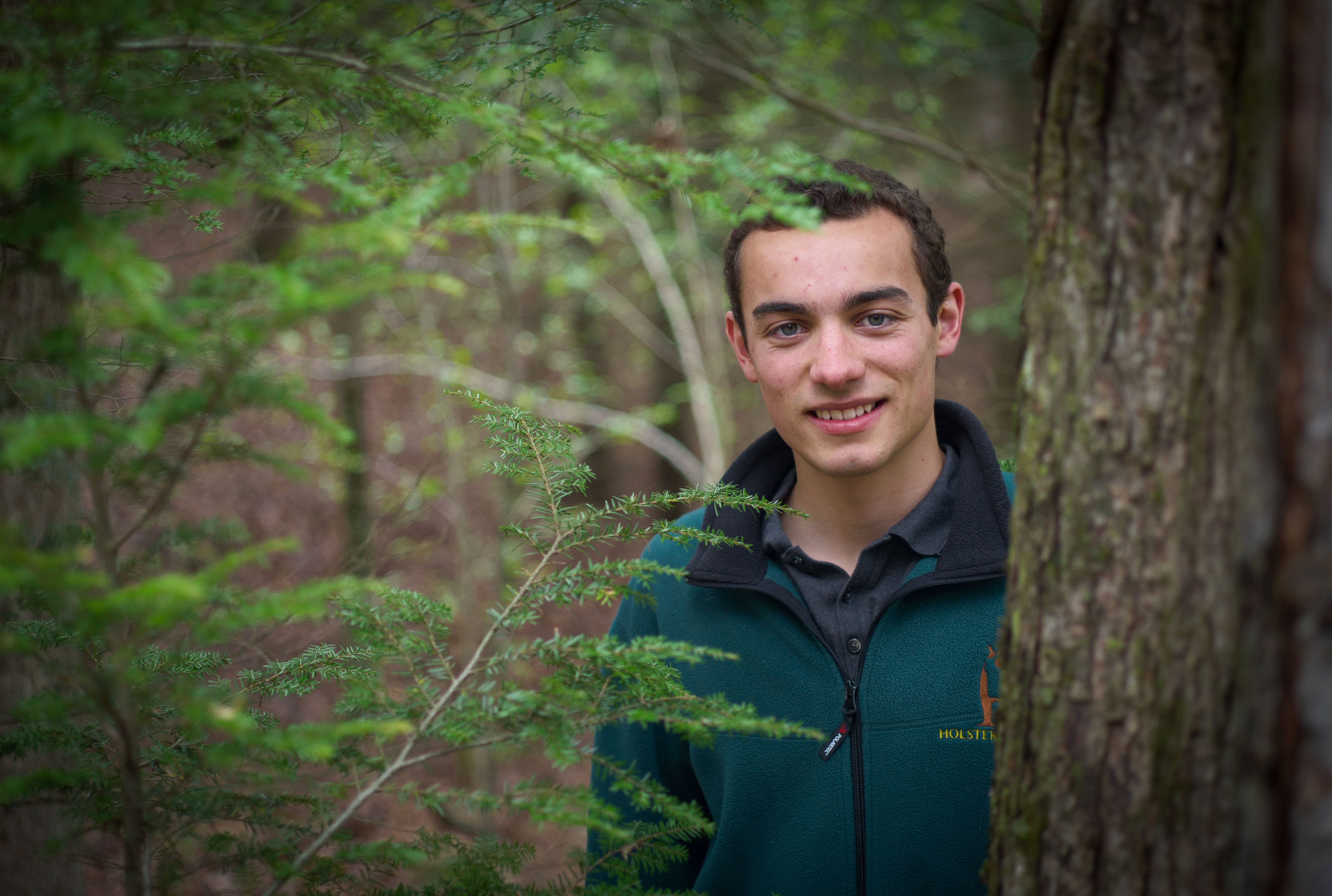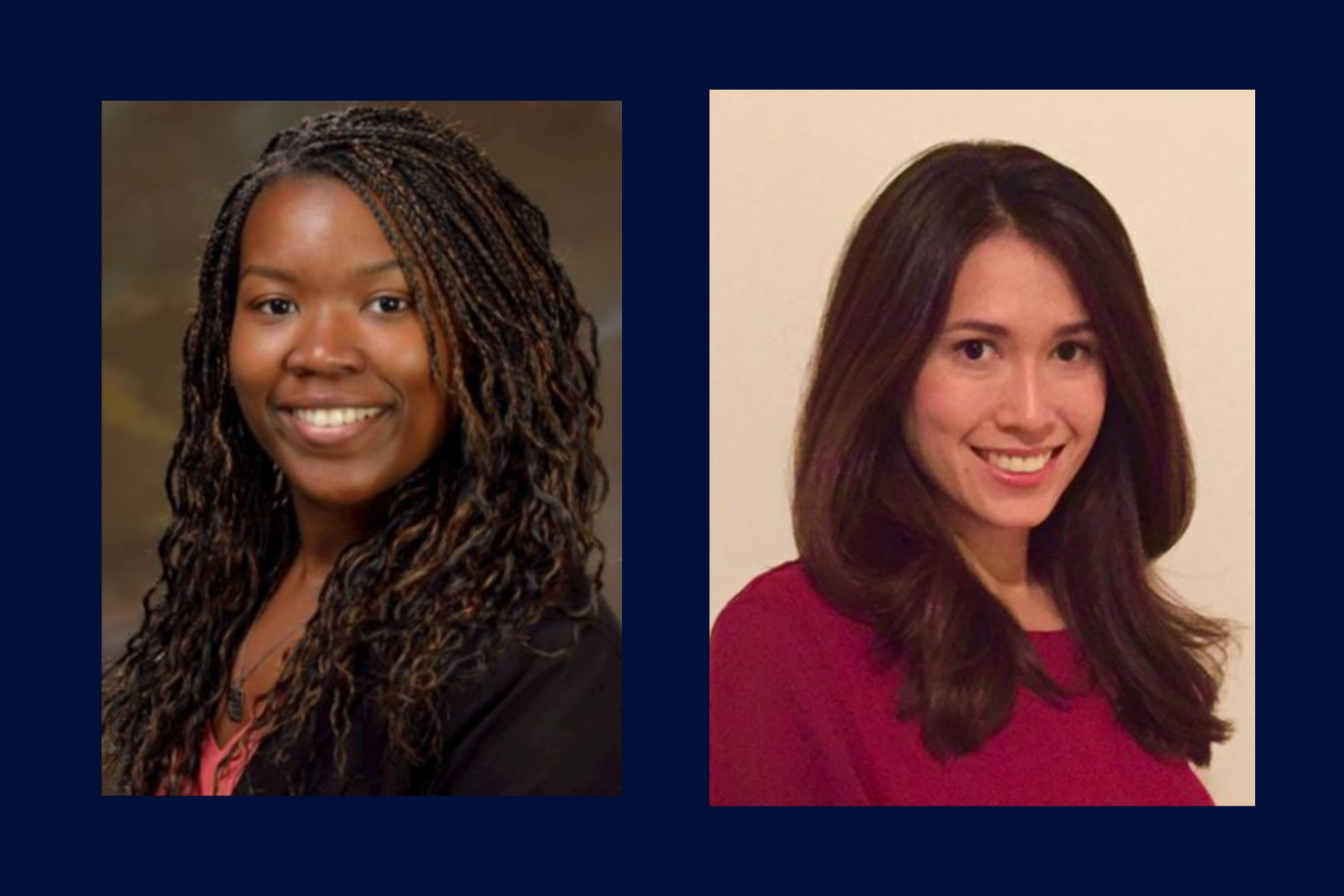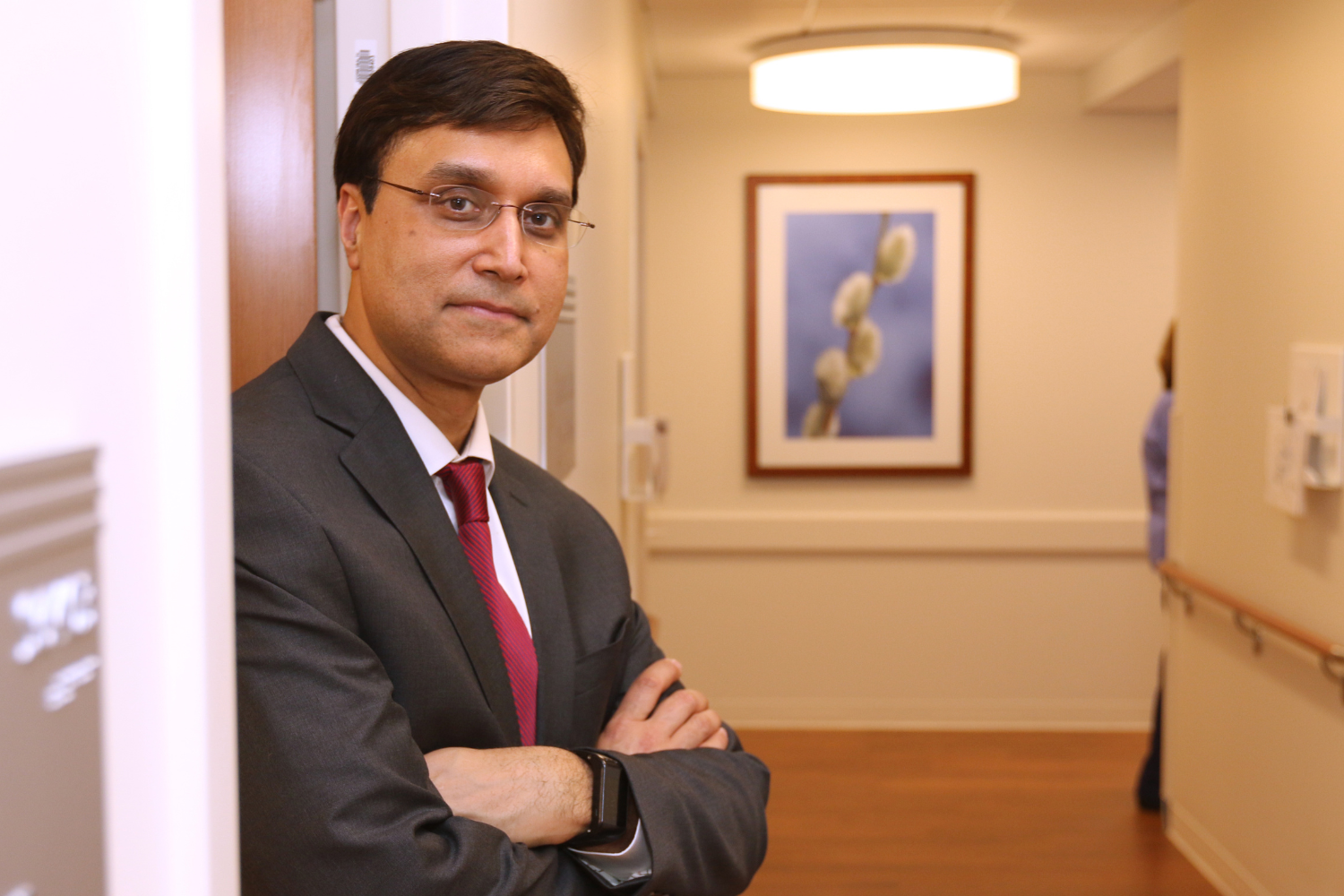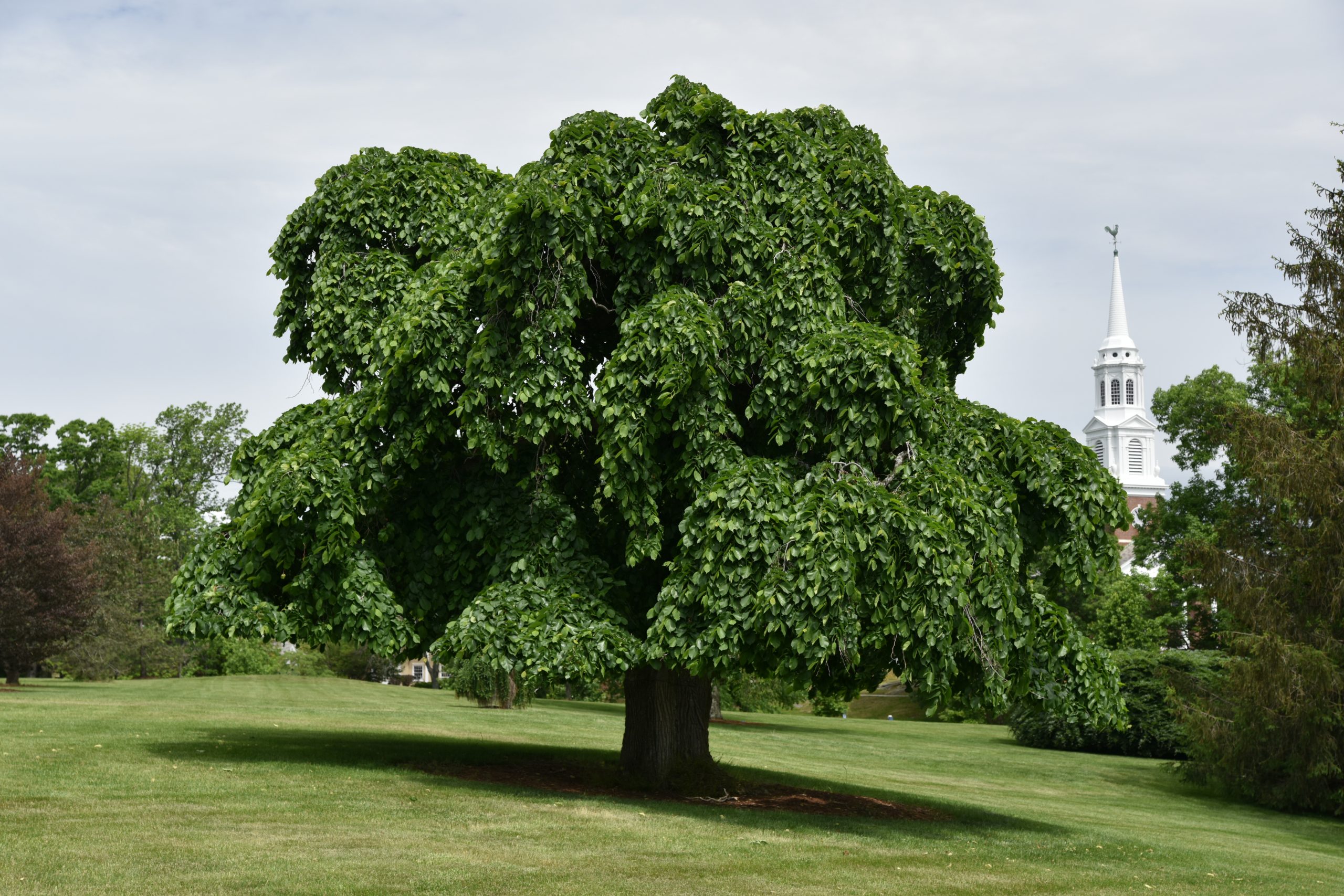Nicholas Russo ’18 (CLAS), a UConn sophomore honors student with a self-described “innate desire to lead people into the woods,” has been named a 2016 Udall Scholar by the Morris K. Udall and Stewart L. Udall Foundation.
Russo was one of just 14 sophomores, among 60 students nationwide, awarded the prestigious annual undergraduate scholarship created by the U.S. Congress to honor the Udalls, whose careers had a significant impact on the stewardship of public lands and natural resources. The federally funded awards go to students intending to pursue careers related to the environment, as well as to American Indian students pursuing tribal public policy or health care careers.
“Being a Udall Scholar means I’m charged with the duty of continuing my work on environmental issues, much in the way Stewart and Morris Udall advocated for key environmental legislation,” says Russo, who is UConn’s 6th Udall Scholar. “Commitment to the environment starts at the community level, so I’m thrilled to reach a place where there is national attention on the issues I care about the most.”
A resident of North Scituate, R.I., Russo came to UConn as a STEM Scholar with an interest in bird conservation and the management of invasive species. He is active with the Audubon Society, both in Rhode Island and in Connecticut, and is president of UConn’s Birding Club.
In 2015, he was selected as a Holster Scholar – an award UConn gives to a small number of Honors freshmen to support independent research the summer following their first year. An ecology and evolutionary biology major, Russo studied the role of birds in dispersing the woolly adelgid, which is threatening the eastern hemlock, a coniferous tree native to eastern North America.
In his sophomore year, he was awarded an IDEA Grant – an award for UConn undergraduates to fund self-designed projects – which will enable him to continue his research on avian dispersal of the woolly adelgid this summer.
Reflecting on his academic experience so far, Russo noted: “At UConn, I can get serious about understanding the mechanisms behind hemlock woolly adelgid dispersal, and at the same time, I can try to get people excited about birds through the Birding Club.”
Russo says he is fortunate to have strong support from mentors Morgan Tingley, professor of ecology and evolutionary biology, and Carole Cheah at the Connecticut Agricultural Experiment Station. He is grateful to them for seeing value in the work he is interested in pursuing and helping him launch a career in research early in his undergraduate experience.
In addition to Russo, UConn sophomore honors student Amy Robinson (ENG ’18) was recognized with an Honorable Mention in this year’s Udall Scholars competition. An electrical engineering major from Old Saybrook, Conn., Robinson is a rower on UConn’s D1 Women’s Crew team and a member of the Formula SAE team, which each year designs, builds, and races a Formula-Style car for competition. She aspires to earn a Ph.D. with a focus in renewable energy.
Russo and Robinson follow in the footsteps of eight other UConn students previously recognized in the scholarship competition.
This year, the 15-member independent Udall review committee awarded scholarships to 60 sophomores and juniors from 49 colleges and universities from among 482 candidates nominated by 227 academic institutions. They also awarded 51 honorable mentions.
Each scholarship provides up to $7,000 for the Scholar’s junior or senior year. Honorable Mentions receive a $350 award.
In addition, the 2016 Udall Scholars will assemble Aug. 9-14 in Tucson, Ariz., to meet one another and program alumni; learn more about the Udall legacy of public service; and interact with community leaders in environmental fields, tribal health care, and governance.



